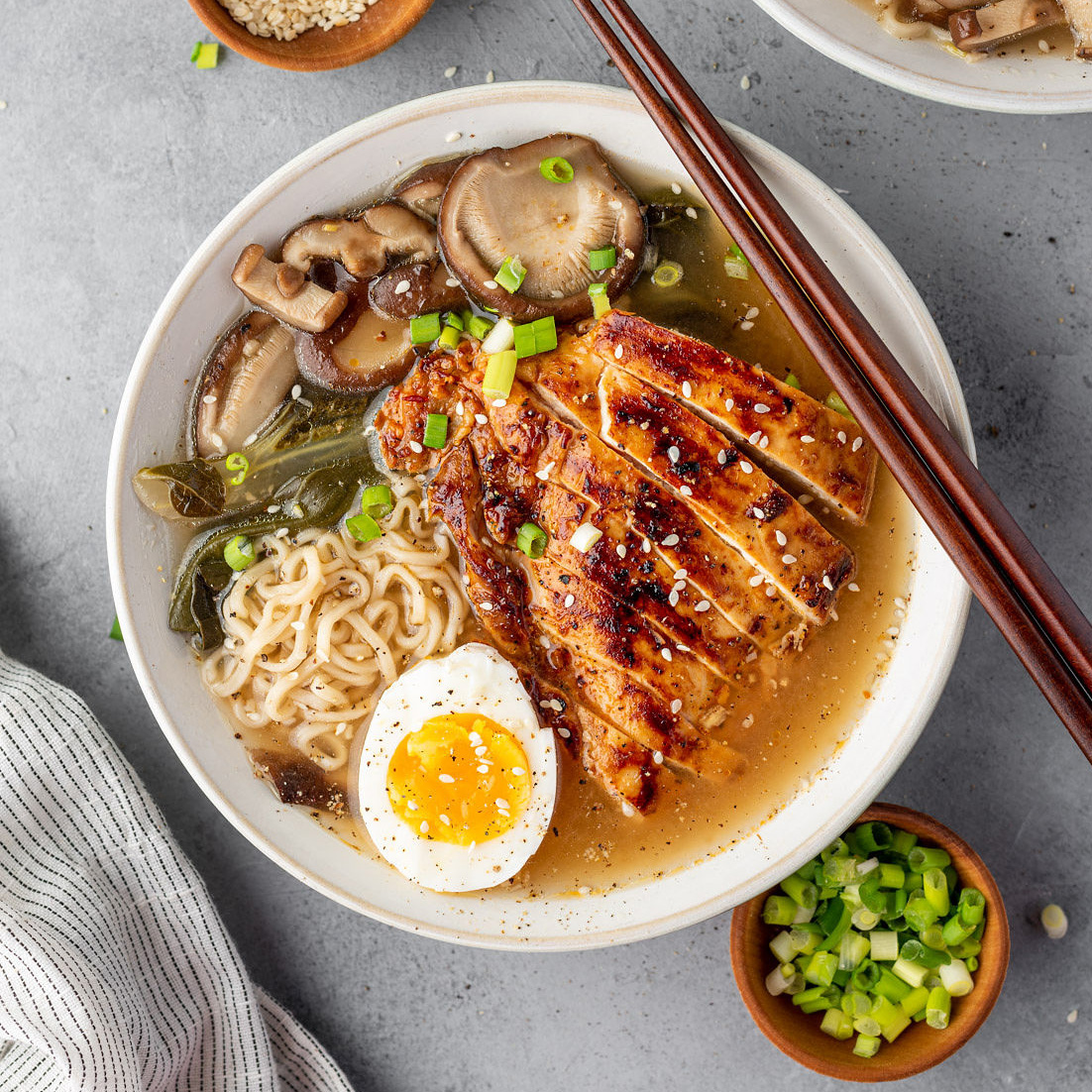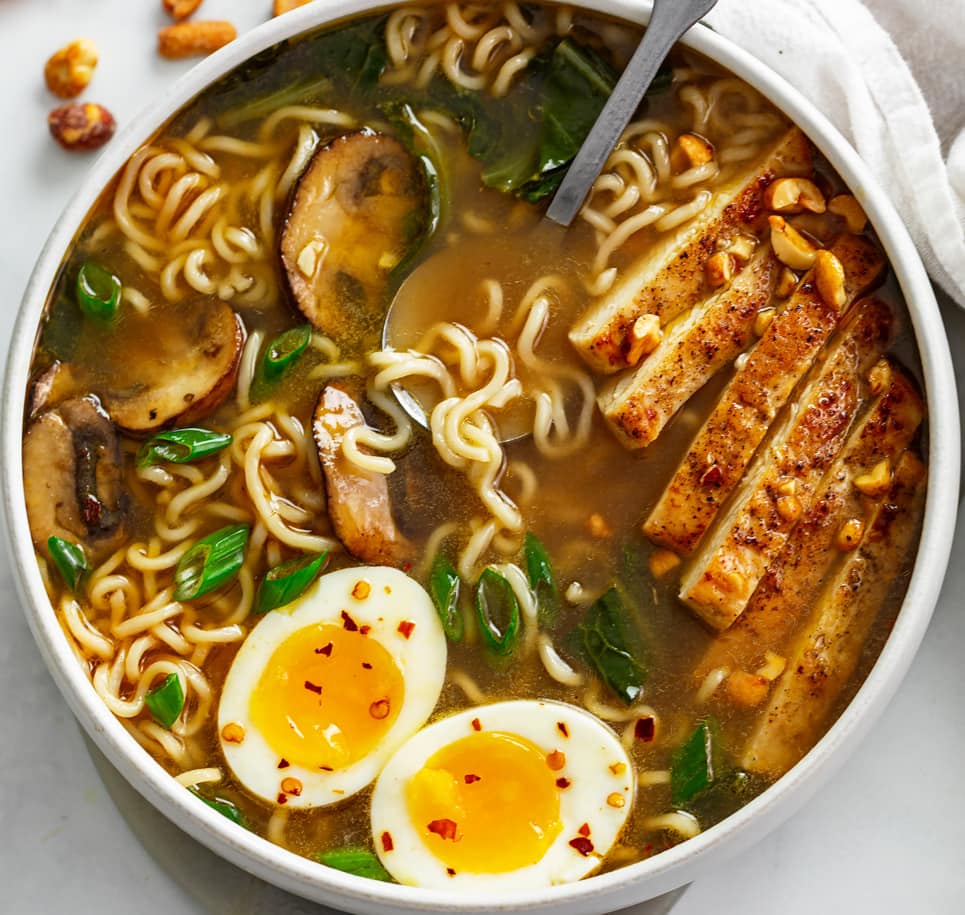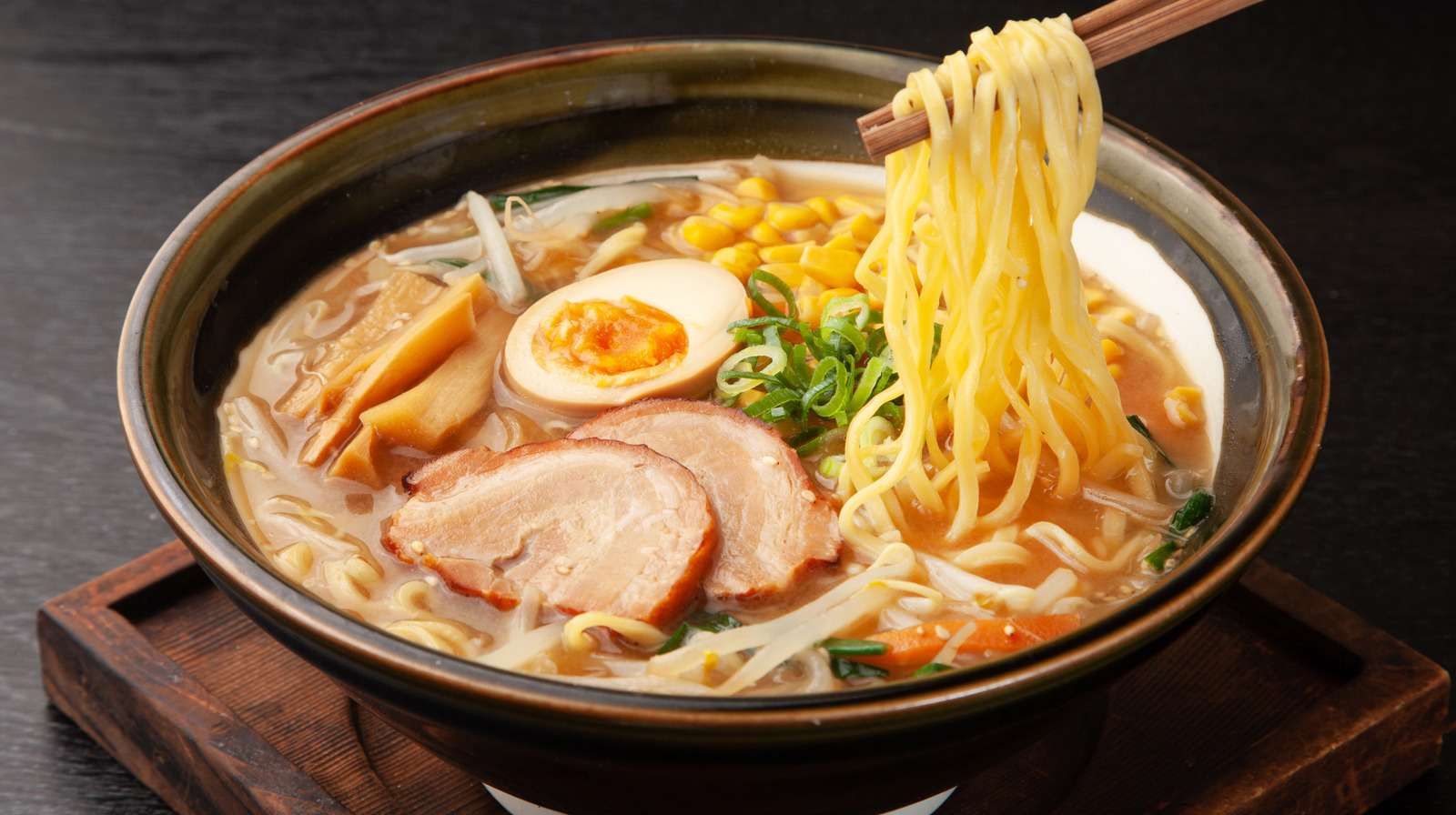Ramen Noodles Recall - What You Need To Know
There's been quite a bit of chatter lately about certain instant noodle products, and it’s natural to feel a little worried when you hear talk of recalls, especially when your favorite quick meal is involved. Many folks have been wondering what's really going on with the various claims and official statements circling around the topic of ramen noodles recall situations. We're here to help clear things up, so you can sort of understand the actual happenings and separate fact from the bits of fiction that tend to spread quickly.
You might have seen things pop up on social media, perhaps some very alarming posts suggesting serious health risks connected to these popular noodle dishes. It’s almost, in a way, like a game of telephone, where bits of information get changed or exaggerated as they travel from one person to another. We'll be looking at the real details from official sources, like what food safety agencies have actually said and done regarding specific products, to give you a clearer picture.
This article aims to give you a straightforward look at the recent events concerning instant ramen. We'll go over what has truly been recalled, why these actions were taken, and what it all means for you, the person who enjoys a warm bowl of noodles. It's about getting the real story, you know, so you can feel more at ease about what you choose to eat.
Table of Contents
- What's the Real Story Behind Recent Ramen Noodles Recall Claims?
- Why Do Food Products Get Recalled?
- Specific Ramen Noodles Recall Incidents
- Are Social Media Rumors About Ramen Noodles Recall True?
- How Do Agencies Respond to Ramen Noodles Recall Concerns?
- What Does a Ramen Noodles Recall Mean for Consumers?
- The Future of Ramen Noodles After a Recall
- A Look Back at Ramen Noodles Recall Information
What's the Real Story Behind Recent Ramen Noodles Recall Claims?
It's pretty common for stories to spread fast, especially online, and some of them can be a bit scary. There was a lot of talk, particularly on social media platforms like TikTok, about a widespread ramen noodles recall because of a deadly germ. These posts suggested that five children had passed away after eating instant noodles that were supposedly recalled. Well, as a matter of fact, it's important to know that there isn't a recall for ramen noodle products due to an outbreak of deadly bacteria that has left five children dead, as these viral posts claimed. The idea of a deadly bacteria being found in these products is, basically, not true at all. So, if you heard that particular scary bit, you can, like, relax a little on that front. This specific claim appears to have been made up and spread very quickly, without any real proof to back it up. It’s a good reminder that not everything you see online is accurate, you know?
Why Do Food Products Get Recalled?
Food products, including instant noodles, get called back from stores for several important reasons, and these reasons are usually about keeping people safe and healthy. A product might be recalled if there's a chance it has been made unsafe by something unwanted, like a germ or a foreign item. Sometimes, it's about ingredients that are in the food but aren't listed on the package, especially things that many people are sensitive to, like certain food parts that cause allergic reactions. The government bodies that watch over our food, such as the Food and Drug Administration, often play a big part in looking into these safety worries. They check on things like contamination, problems with what's inside the food, or other dangers that could pop up. When a food item is pulled from shelves, it’s usually because someone found a genuine issue that could harm consumers, not because of a baseless claim. This action helps make sure that the food we eat is, more or less, what we expect and is safe for us.
Specific Ramen Noodles Recall Incidents
While the widespread deadly bacteria claim about ramen noodles was false, there have been some actual, official recalls involving specific noodle products. For instance, Sun Noodle of Carlstadt, New Jersey, made the choice to voluntarily pull one lot of their noodles from sale. This particular product was packaged in a clear plastic container, wrapped with a Sun Noodle label that said "Tonkotsu Ramen." The items that were affected were those specific ones. Then, there was another situation where Sun Noodles, a food maker in Hawaii, also called back their S&S Samini—noodles with soup and garnishes. This was because the company found traces of egg white powder that weren't listed on the package, which is a big deal for people with egg sensitivities. Over 37,000 cases of this frozen noodle product were affected by this ramen noodles recall. Also, a company called Japan Food Express Ltd. pulled their Daisho Hakata Ramen Noodle Tonkotsu, a 188-gram package, because information about sesame, which is an allergen, was missing from the label. This particular ramen noodles recall was even called the highest possible health risk, affecting people across four different states. So, while some rumors were just that, rumors, there have definitely been real instances where specific noodle items were pulled for genuine safety concerns.
Are Social Media Rumors About Ramen Noodles Recall True?
It's a fact that social media can be a powerful tool for sharing information, but it can also, unfortunately, spread incorrect stories very quickly. As we mentioned, several TikTok users made claims that were not based on facts, saying that "five children passed away" from eating ramen noodles and that the product had been recalled because of this. However, there is simply no proof to support these very serious claims. The idea that a deadly bacteria was found in the products is, frankly, bogus. These sorts of viral posts can cause a lot of unnecessary worry and confusion among people who enjoy these meals. It’s really important to look for information from official sources, like government food safety agencies, rather than relying solely on what pops up in your social media feed. Official bodies are the ones who actually confirm if a ramen noodles recall is happening and why, so you know what's truly going on.
How Do Agencies Respond to Ramen Noodles Recall Concerns?
When there's a worry about food safety, agencies that watch over our food take it very seriously. They have a big part to play in looking into and dealing with safety concerns, whether it's about something unwanted in the food, problems with what's inside it, or other possible dangers. For example, in September 2024, the U.S. Centers for Disease Control and Prevention (CDC) did issue a warning about not eating instant ramen after five children died within hours of eating a soup product. This was a specific warning related to a particular incident, not a general ramen noodles recall across all products due to bacteria. Separate from that, Denmark's food safety agency has also taken action. They issued calls to pull three ramen noodle products made by a South Korean company called Samyang. The reason given was the amount of capsaicin chili extract in them, which they felt was too much. This meant some of their Buldak instant noodles were pulled for being, allegedly, dangerously spicy. Interestingly, after a little while, Denmark brought back two of those South Korean company’s products, which shows that these decisions can sometimes be reviewed and changed based on further checks. So, agencies do act, but their actions are usually very specific to particular products and confirmed issues, rather than broad, general calls to pull everything.
What Does a Ramen Noodles Recall Mean for Consumers?
When a food product, like certain ramen noodles, gets called back, it means that there's a specific issue with that item that the maker or a food safety agency has found. For people who buy and eat these products, it means they should stop using the affected item right away. The main point of a ramen noodles recall is to keep people from getting sick or having a bad reaction. If you happen to have one of the recalled items, the advice is usually to throw it away or take it back to the store where you bought it for a refund. It's about protecting your well-being. For example, if a noodle cup is pulled because it might have a hidden allergen, and that recall is called a very high health risk, then it’s really important for people with sensitivities to know about it and avoid those products. The good news is that ramen noodle lovers everywhere can, generally, slurp in peace, as long as they pay attention to official notices about specific products. Most of the time, the vast majority of products on the shelves are fine. It’s just about being aware of the few exceptions that might pop up.
The Future of Ramen Noodles After a Recall
The path forward for ramen noodles, following any sort of recall event, will, in a way, largely depend on how the companies that make them choose to respond. When a product is pulled, especially for something serious like an undeclared allergen, the makers usually need to show that they are taking steps to fix the problem. This might mean looking at how they make their food, how they label their packages, or how they check for problems. If a company acts quickly and openly, it can help people feel more confident about their products again. If they don't, then people might, you know, lose a little trust, and that could affect how many noodles they sell. The future of these popular quick meals is tied to how well the food makers can keep up their promise of safety and clear communication. It's about showing everyone that they care about the people who eat their food and that they are doing what's needed to prevent similar issues from happening again. This can include, perhaps, making changes to their production lines or improving their quality checks. The aim is always to ensure that when you pick up a pack of ramen, you can feel good about what you're getting.
A Look Back at Ramen Noodles Recall Information
Looking back at the recent information about ramen noodles recall situations, we can see a few key things. First, there was a big difference between the widespread, scary claims on social media about a deadly bacteria outbreak, which were not true, and the actual, specific recalls. The false claims about five children passing away from a general ramen noodle recall due to a deadly germ were, basically, baseless. On the other hand, there were real, confirmed instances where certain noodle products were pulled from sale. These real ramen noodles recall events included Sun Noodle's Tonkotsu Ramen and S&S Samini products due to undeclared egg white powder, and Daisho Hakata Ramen Noodle Tonkotsu for missing sesame allergen details. Denmark also had its own specific recalls for Samyang's Buldak instant noodles because of very high levels of chili extract. The U.S. Food and Drug Administration (FDA) has, in recent weeks, given important updates regarding some larger recalls, showing their role in keeping food safe. So, while you can, in general, enjoy your instant noodles, it's always a good idea to stay informed through official channels about any specific product warnings or recalls that might come up. This helps everyone stay safe and keeps the facts straight about what's really happening with our food.

Easy Chicken Ramen | Gimme Delicious

Top 3 Ramen Recipes

Best Ramen Flavors Ranked From Worst To Best